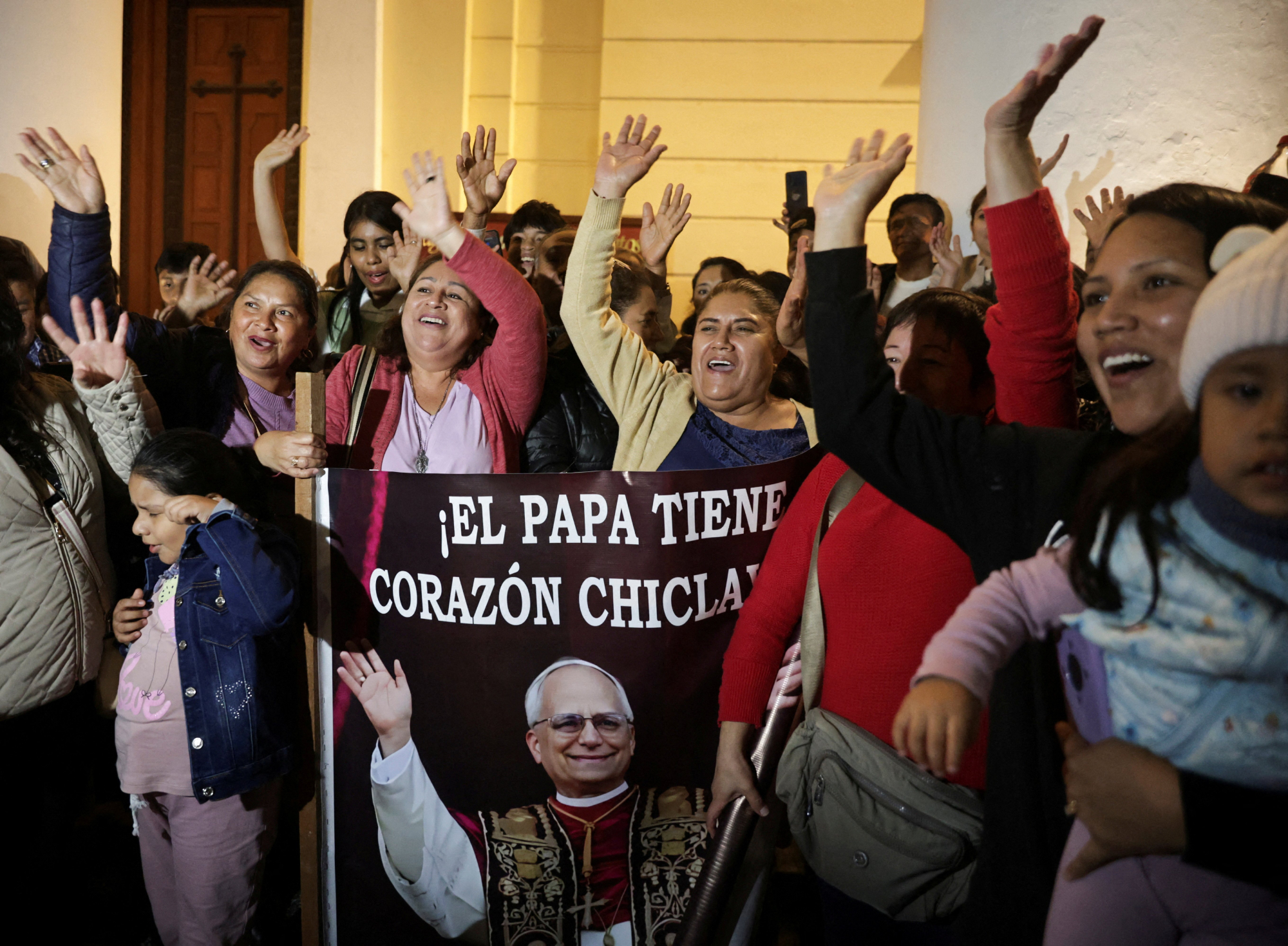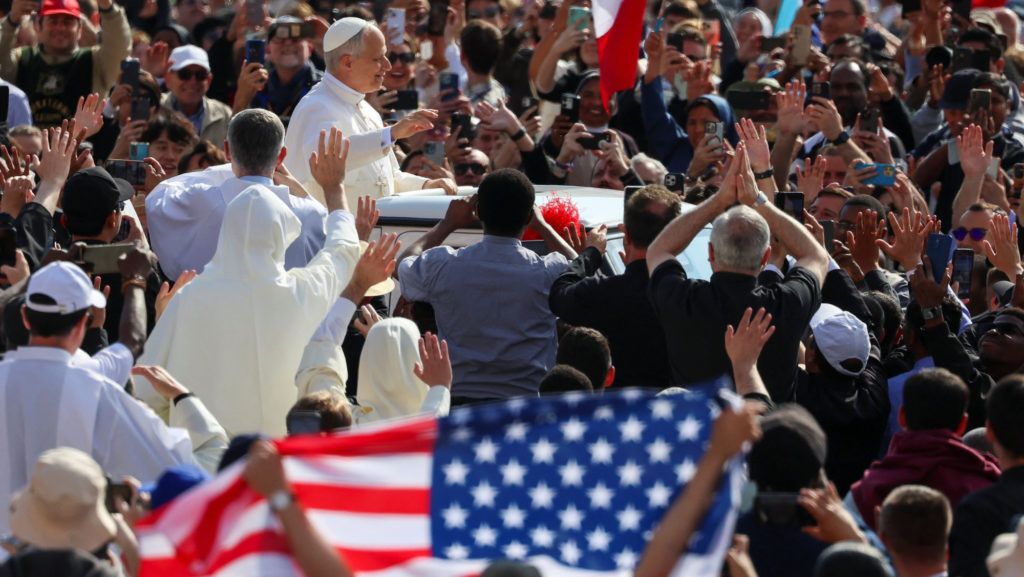ROME — There’s a sense of irony, many observers have noted recently, that the election of Pope Leo XIV as the first pope from the United States comes after 12 years of a pope who clearly had a chip on his shoulder when it came to Americans.
It was no secret that Pope Francis harbored a certain cultural suspicion about the U.S. — perhaps due in part to its colonialist history in Latin America and its past involvement in various coups. He also made no effort to conceal his disdain for the American capitalist ethos, especially as regards to global economic markets.
With Pope Leo XIV, a Chicago native and die-hard White Sox fan, the presumption among many is that this is perhaps the United States’ resurgence in the Catholic global scene.
And we can expect an instinctive temptation to apply everything Leo says and does to the American political and ecclesial context, from issues such as liturgy and education to women and immigration.
But before his pontificate moves too far along, it’s important to remember that while he’s from the United States, Leo has been hailed by the cardinals who elected him as a “citizen of the world” given his vast experience abroad.
He spent decades in Latin America, having been a missionary in Peru for some 30 years (including as a bishop). He also has experience in Europe, having studied in Rome as a young priest and later living there during time as prior general of the Augustinian order. He returned to Rome when Francis appointed him prefect of the Dicastery for Bishops in 2023, and has been there since.
This all means that the cardinals elected a pope who is aware of the priorities of the global south, of the west, and of the power centers in the Vatican. He has a well-rounded perspective of the global Church.
After the election of Francis in 2013, Argentinians to a large extent made the mistake of taking everything he said and did as a proclamation on local politics and affairs — if Francis said he liked amatriciana, a typical Italian dish, it meant he didn’t like Argentinian food, or if he spoke out about corruption, it meant he was referring to this or that specific politician or personality.
With Leo, Americans would be wise not to make the same mistake.
There is already a growing narrative starting to build around Leo, in just a week on the job, with some declaring that he is the “anti-Trump” given past statements on issues such as immigration and others pegging him as the “anti-Francis” and an ally of traditionalists due to things as simple as his choice of papal attire, donning the red papal mozzetta, which Francis shunned in a spirit of simplicity.
Americans would do well to steer clear of these categorizations when it comes to the United States: the Church itself is much bigger than the U.S., as is Leo’s personal and pastoral experience.
Most Catholics in the world today are not in the west, but in the global south, meaning when Leo speaks, it is as universal pastor of a flock that is most present and is growing most rapidly in other countries and regions, with different situations, cultures, ecclesial situations, and geopolitical contexts.
One clear illustration of just how global Leo’s vision is can be seen in his very first appearance as pope, coming out on the central loggia (an open gallery) of St. Peter’s Basilica after his election.
In his brief remarks, Leo, the newly elected pope and bishop of Rome, greeted the world in fluent Italian, thanking his predecessor Francis and calling for peace.
Then he switched to fluent Spanish, giving a shout-out to the Diocese of Chiclayo, Peru, which he led as bishop for almost a decade.

He did not speak English until the next day, while celebrating Mass with the cardinals who elected him in the Sistine Chapel, offering a few off-the-cuff remarks in his native language before delivering his homily in Italian.
It’s clear that Leo doesn’t see himself as chaplain of the United States, but rather of the universal Church — albeit with perhaps a special devotion to his adopted longtime home in Peru, and indeed Latin America.
Still, there are early signs that Leo can expect support among Americans. He is from the United States, and American Catholics are going to listen extra carefully to whatever he says, giving him an opportunity to shape the American Catholic scene — even unintentionally — in the way that political and Church-related discussions unfold, both in tone and substance.
That can be expected even though his positions on some issues, like immigration, will remain the same as his predecessor.
Many Catholics, and even perhaps a few cardinals, also believe that he is uniquely positioned to engage with the likes of President Donald Trump, Vice President J.D. Vance, and other world leaders of a similar caliber given the certain level of gravitas he carries as an American, but also a veteran Vatican insider.
Leo has demonstrated already in his words and deeds that while he desires continuity with Francis, he is very much his own man. As his pontificate gets underway, trying to paint him into a box, star-spangled or other, would be a mistake.

